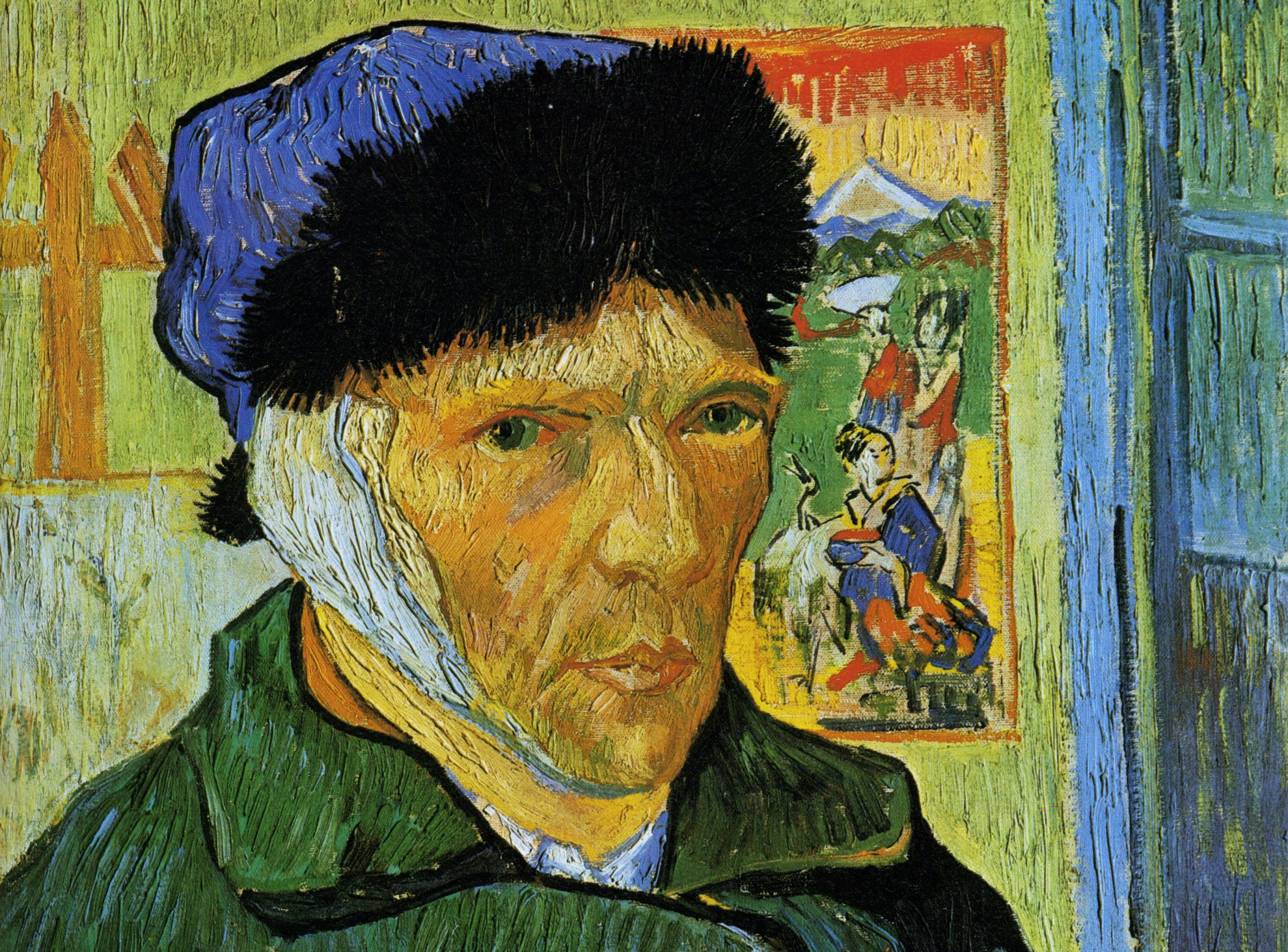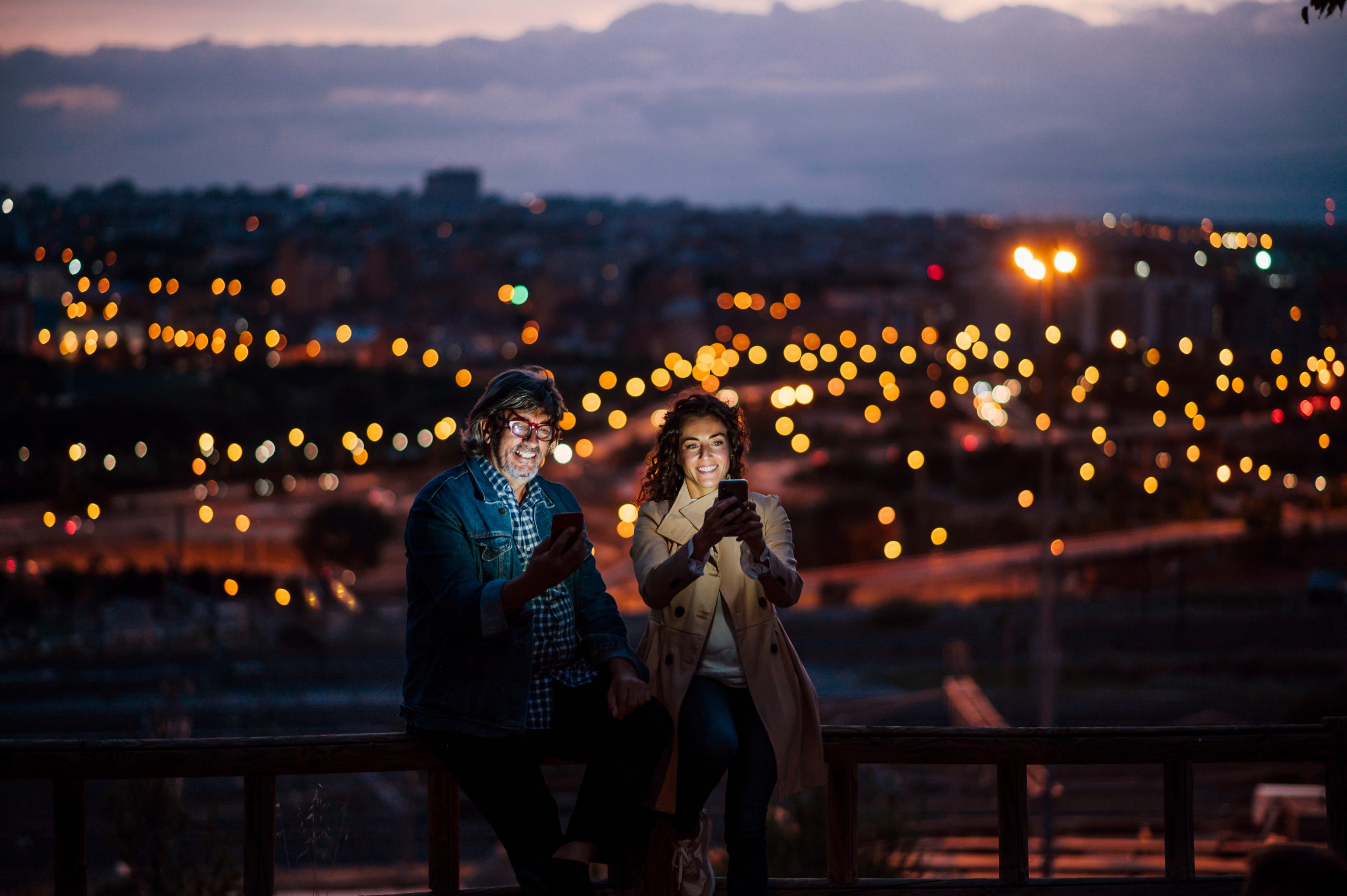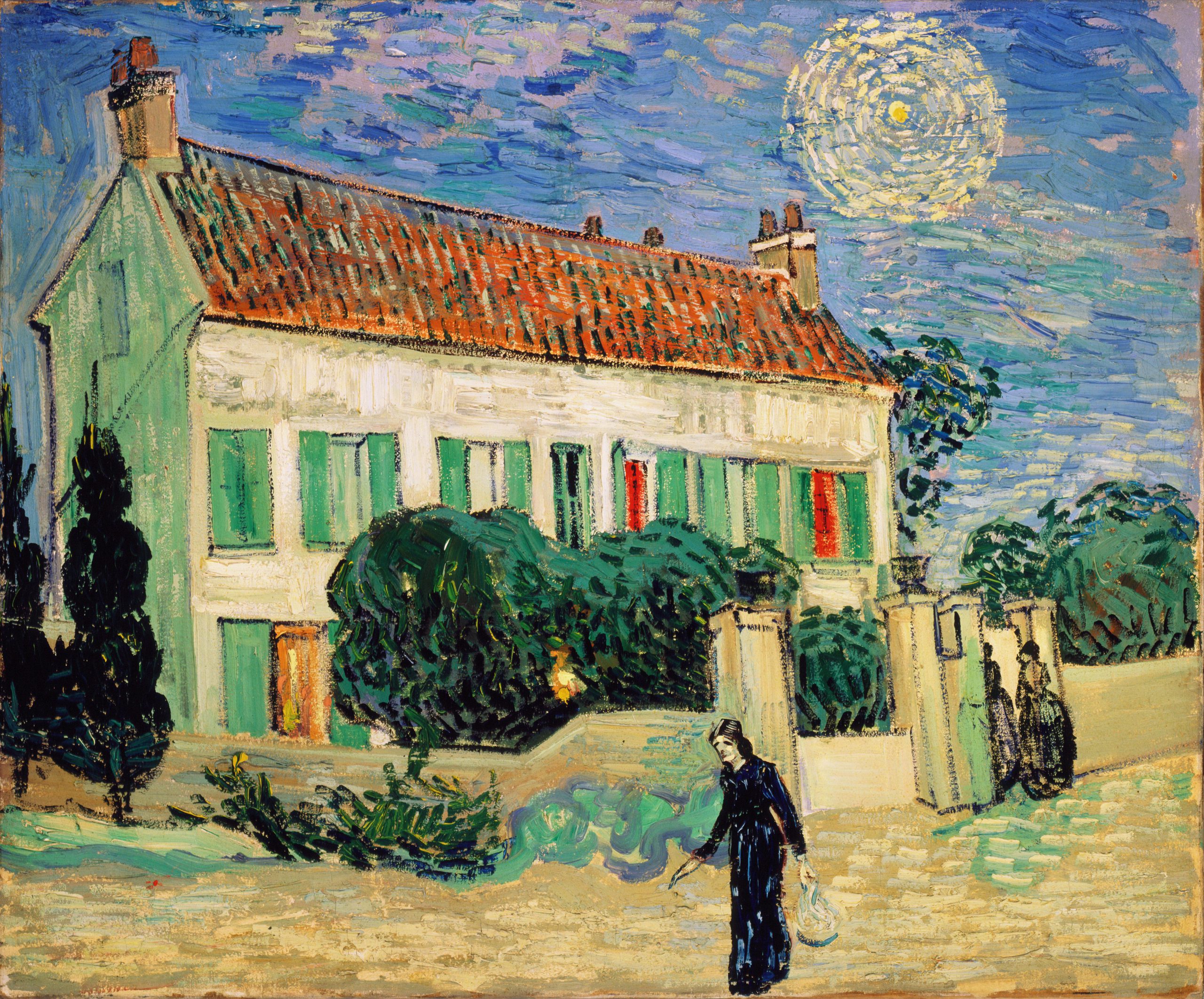
Award-winning multi-hyphenate filmmaker Justin Simien is known for his innovative storytelling and unique cinematic style. He has been a champion for change in Hollywood in front of and behind the camera since his 2014 directorial debut, “Dear White People.” Following the success of that film, the Texas native went on to write, direct, and produce the 2020 critically acclaimed comedy horror film “Bad Hair” and most recently directed the reboot of Walt Disney’s “Haunted Mansion,” now on DVD and Blu-ray (and Disney+).
Inspired by Disney’s classic theme park attraction, the story takes audiences on a thrilling journey through grief, ghosts, and afterlife acceptance. With an all-star cast including LaKeith Stanfield, Tiffany Haddish, Owen Wilson, Danny DeVito, Rosario Dawson, and Jamie Lee Curtis, this family-friendly spirited film is one many can relate to, including Simien himself. “My father passed when I was young, and so much of my life has been about figuring out how to be the man I am meant to be,” he said.
Ahead of the film’s home release, the filmmaker spoke about upcoming projects, the importance of representation in cinema, what it means to be a Black queer creative in Hollywood, plus much more.
What do you hope to capture in the minds of audiences when they see this film?
I certainly wanted to give folks a sense of escapism, but also with something meaty in that escapism. I grew up on these Disney movies where you go and it’s like a religious experience. You get taken away from the humdrum, but there’s usually something pertinent in there. When I read the script, I felt like, Wow, this is a family movie about grief. What an odd but important combination of things. I hope people really enjoy it and feel like it has something for them.
What would you say is your favorite aspect of Ben’s hero journey?
Oh, wow. I think him opening up to Travis. It’s just such a sweet thing to see. There’s something really powerful, and yet it shouldn’t be powerful, but it is because it’s rare to see a Black man not only move through his own grief but provide something to a kid, a Black kid that you imagine Ben never even had himself. You realize, at a certain point, you’ve got to give what you haven’t gotten yet. Stories about people who managed to do that really touch my heart.

How did you work with the actors to create the best performances from this ensemble cast, both individually and collectively?
I love actors. I learned how to direct doing theater. Putting a performance together is such a collaborative process. Every actor is different, and every actor requires a different director. The way I would work with everybody was extremely individual to them. But it was all about honing in on what we’re trying to do in this scene. Let’s put the words aside. Let’s put the plot aside. Let’s put all that stuff aside. What is happening in this moment? How do we make it better once we can tune into that frequency?
People like Owen [Wilson] love to work on the writing. He wants to make sure there are so many different options that he can go in terms of jokes on the page. Tiffany [Haddish] wants to get it exactly as it is on the page, and then she wants to go off and find her Tiffany version. Everybody’s different. And to me, that’s the fun of directing. It’s the part that I get the most joy out of. It’s the part that’s most alive on the set, too, working with the actors.

I love how you mentioned that you tapped into everyone’s unique strengths or individuality. That’s what made it a collaborative effort to bring it to life instead of a one-size-fits-all approach.
I learned that right away. I went to film school, and you get told the traditional things, but you immediately realize that none of that works on a set. Maybe the way you learned works for one person, but if it doesn’t work for somebody else, it’s a fool’s errand to try to force it on that actor. Ultimately, what we are doing is we’re playing, and we’re channeling a dream or something. This is not building cars; it’s a really weird thing we’re doing here. So there has to be an atmosphere where people can relax and find it; ultimately, it’s my job, and it’s my duty, to create that atmosphere.
I want to switch gears and touch on your Culture Machine production company. You previously hosted “Not Another Diversity Panel” through your production company. So, how do you plan or hope to continue pushing the needle forward in an effort to change the dynamic of diversity and inclusion in film and television?
Existing and not closing my doors and going somewhere else. It is tough. As the filmmaker Briana Clearly said, “Every Black film is an experimental film,” and I think that’s true. But it’s also every production; it’s a step. It’s a step for all of us. Having creative processes that work for me and trying to create an environment is not easy. It’s wonderful to be able to do that and then to be able to bring somebody else into it where they don’t have to spend several years figuring out how to put their creative process together and get the right production. I love being able to say, “Come, just create.” I love being able to do that and provide that for a writer or director coming up.
Thankfully, Culture Machine made it through the strike. Like everybody else, we were affected by the overall deals going away. We had a fundraiser, and people were very generous. We made it through the summer, and we’re still here. So we’re going to keep making subversive, wonderful material that includes people that look like me and you. That’s what we’re going to keep doing.
Can you tell me what it personally means for you to be a young, Black, queer creative in Hollywood right now?
Stress is what it means.
Please elaborate.
It’s a stressful journey. It’s not made for us. Hollywood’s tough, no matter who you are, what you are, what kind of story you’re trying to tell. It’s a really tough place, but it is especially not made for people like me to thrive, and it never really was. You don’t necessarily get to be that pure artist or storyteller. You have to also be an activist, an entrepreneur, a businessman, and a politician. You have to be so many things because the situation is still quite precarious, especially as we’re in this great economic reset. You have to get good at juggling a lot of different hats and responsibilities all at once, even if only one of those things is truly what you want to do. That’s at least what it means to me and how it’s been since I got in the game.
Can you speak to any upcoming projects or what you have on the horizon?
I’m really excited about something. It is called “Hollywood Black,” based on the book by Donald Bogle. It is a docuseries we’re doing for MGM+ with Forest Whitaker’s company about uncovering the stories of Black filmmakers. The more I uncover the history of cinema and Black participation in cinema, the more I realize that cinema is not possible without Black people. It’s not possible without Black culture. It’s not possible without Black artists, many of whom are just kind of lost to time.
You get told, “Hey, there’s this guy, Oscar Micheaux, then Blaxploitation, then Spike Lee.” That’s how everyone’s history of it goes, but it’s so much richer than that. It’s so much deeper than that. Whether or not you’re interested in the history of Black people in film, if you’re interested in cinema, it fills in so many blanks. We’re working on that and interviewing all kinds of directors, writers, and actors. I’m excited about it. That’s my whole heart, and hopefully, it’ll be coming soon.
“Haunted Mansion” is now streaming on Disney+.




